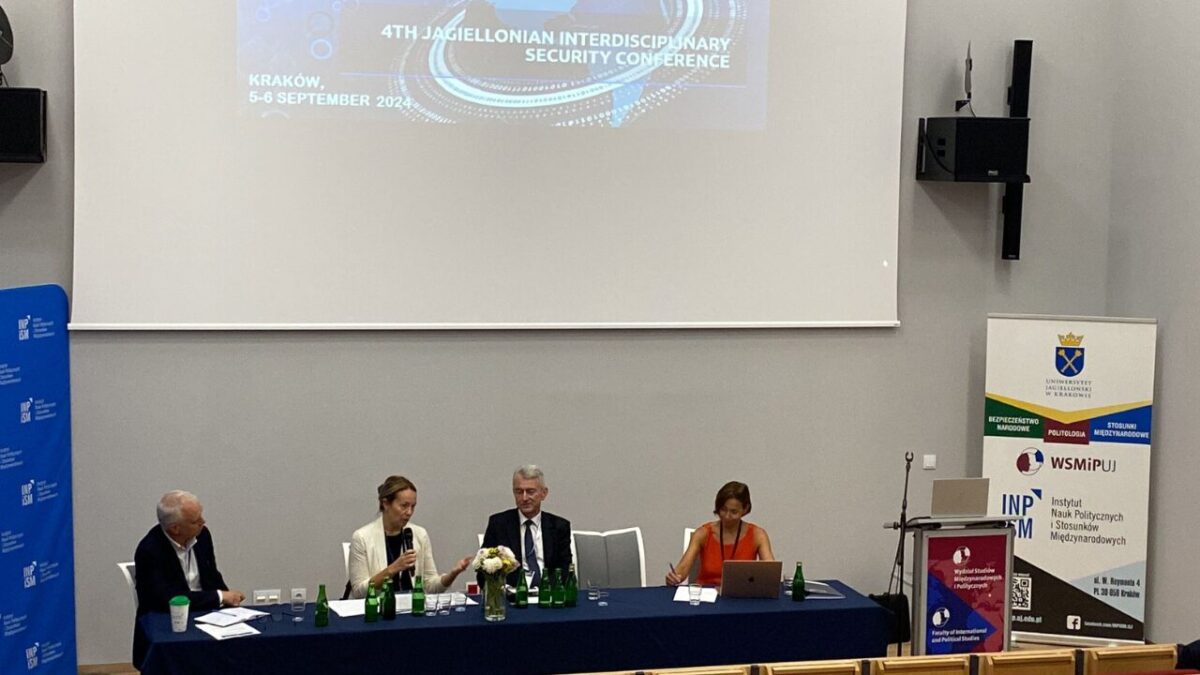Afghanistan was one of the topics discussed at the 4th Jagiellonian Interdisciplinary Security Conference (4JISC), titled “the Age of Warring States: Debating Peace and War in the 2020s”, in Kraków, Poland on September 6-7.
Organized by the Department of Security Studies at the Faculty of Political Science and International Studies at Jagiellonian University, the event brought together researchers, professors, and doctoral students to discuss pressing global security challenges.
One of the key speakers, Besmillah Taban, a former senior police official in Afghanistan and a doctoral student in security studies, warned of the growing threat posed by terrorist groups in Afghanistan, particularly the Taliban. He argued that the Taliban has systematically created conditions for groups like al-Qaeda and Tehrik-i-Taliban Pakistan (TTP) to operate within Afghanistan, turning the country into a safe haven for terrorists with regional and global ambitions.
Taban also drew attention to the plight of women and the Hazara community in Afghanistan, accusing the Taliban of deliberately excluding Hazara-majority areas from security protections, making them vulnerable to attacks by groups such as ISIS. He called for a range of measures, including economic sanctions against the Taliban regime, travel restrictions on its leadership, and a transparent mechanism for monitoring international aid to ensure it reaches those in need. Taban also urged recognition of the genocide against Hazaras and gender apartheid in Afghanistan, and greater support for anti-Taliban movements, including civil society, media, and military efforts like the National Resistance Front.
Professor Artur Gruszczak, the conference’s organizer, emphasized the event’s aim to explore contemporary security issues from a pluralist and interdisciplinary perspective, encouraging participants to challenge established frameworks and offer fresh insights.





